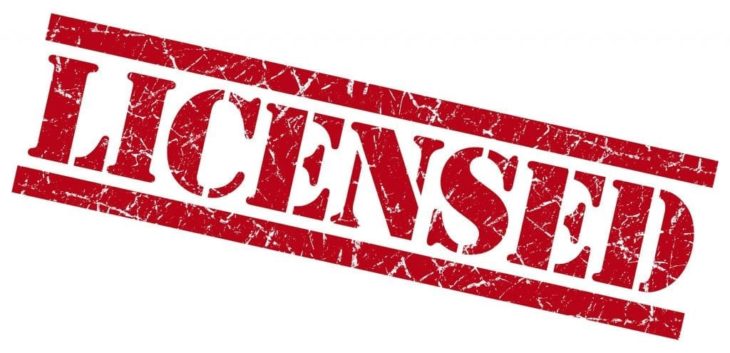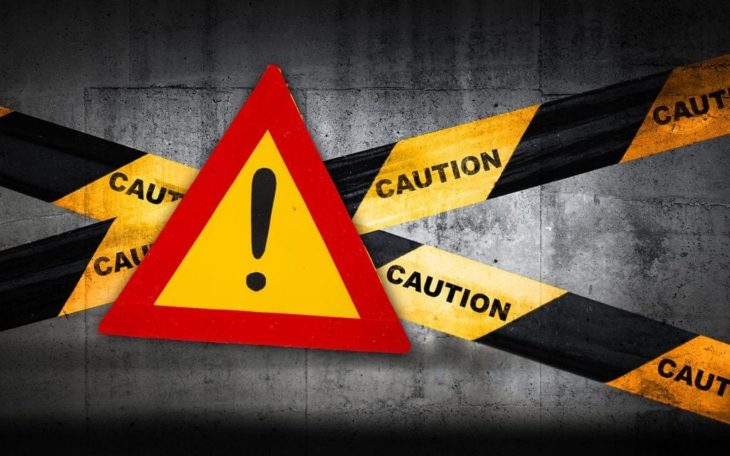Every single day, private consumers, as well as business owners, rely on the professional help of retailers, suppliers, contractors, merchants and service providers to deliver solutions, expertise, and actual results.
Picking the right vendor can make the difference between a successful project and a horrifying nightmare scenario.
Every industry has its fair share of reputable and reliable companies alongside dubious, unprofessional, unethical, and sometimes illegal, operators.
A great company can be trusted to deliver high-quality products or services, offer a great customer experience, save money, and avoid unnecessary hassles.
Alternatively, a terrible one can result in a horrible experience, anguish, pain and substantial monetary loss.

Img source: bridgemi.com
However, finding a decent service provider to do the job is challenging: where do you start? What do you need to check? How can you better tell which business is good and which one is not? Also, how do you avoid hiring the wrong one?
The following 4 tips will help you identify suitable candidates, weed out bad ones, make a sound choice, and minimize the risk.
Contents
1. Ask for References
Getting a firsthand impression about a vendor from friends, family members, neighbors or co-workers who were involved in similar projects is a great way to learn from other people’s experience.
Doing your own due diligence will help you find out what it’s like to work with a given vendor, learn about its track record, and decide whether it deserves to be on your short list.

Img source: aralarm.org
2. Check for Licensing
Some projects require the professionals who do the work to be fully licensed by the State, Federal government or by some other professional or regulatory organization.
Remember that “Licensing” is generally an umbrella term that can range anywhere from simple business registration to a comprehensive professional qualification process; however, licensed or certified service providers are always a safer choice.
Additionally, if you’re a business looking for a construction contractor, it’s ideal you ask for a surety bond as well. This is the best type of insurance you can get that guarantees the work will be fulfilled as per the agreed-upon scope. A qualified contractor should have no problem obtaining it, especially since there are plenty of providers online and also sites where they can compare surety bonds providers, like this one.
3. Ask Questions
Before choosing a certain company, contact them by phone and ask a few basic questions regarding their products, services, experience, pricing, turnaround time, warranties, guarantees, refund options or any other issue that should be discussed before moving forward.
The content of the answers you’ll get, the level of transparency and their willingness to share information coupled with your basic common sense and gut feeling will help you to evaluate their credibility and eventually decide whether or not the company is a good fit for your needs.

Img source: alighahary.ca
4. Explore the Net for Warning Signs
Almost every company leaves a certain digital footprint on the internet.
Running a thorough search on a given company’s name on Google can lead to important red-flag discoveries, such as complaints, warnings, consumer alerts, problematic litigation history or government actions.
In addition, there are other useful sites that help users find legitimate companies and avoid fly-by-night operations, scammers, and fraudsters that rip off consumers.
For example, eLegitimate.com lists companies and online services that were fully vetted and certified by the Better Business Bureau.
Another well-known resource, Ripoff Report, is a website where consumers can share their experience and file reports of businesses that they feel have ripped them off.
